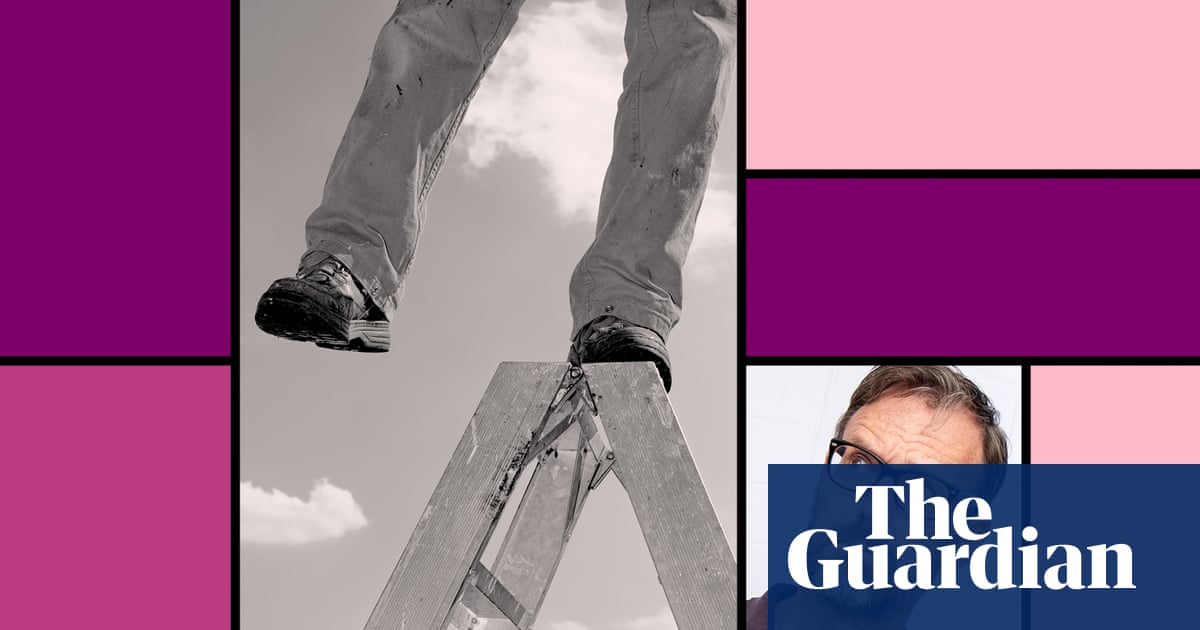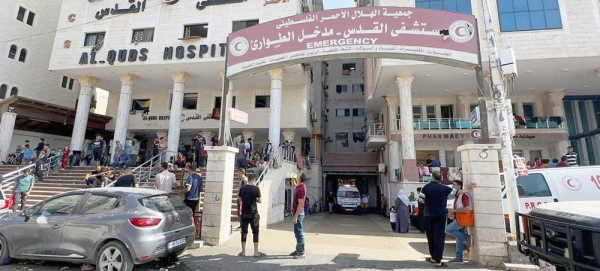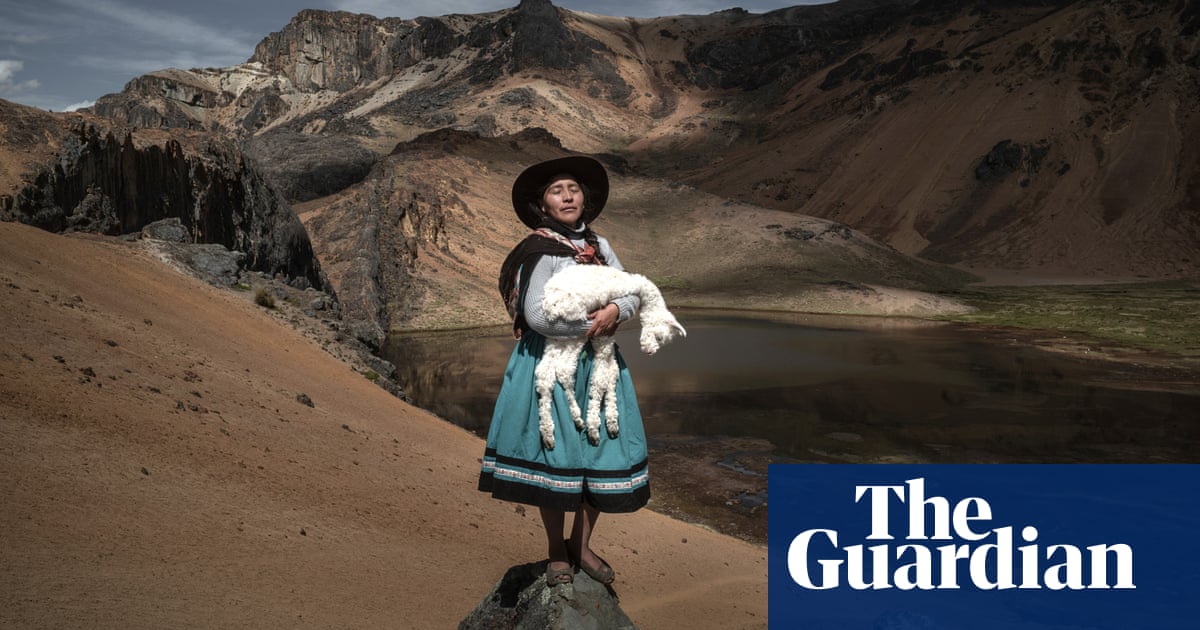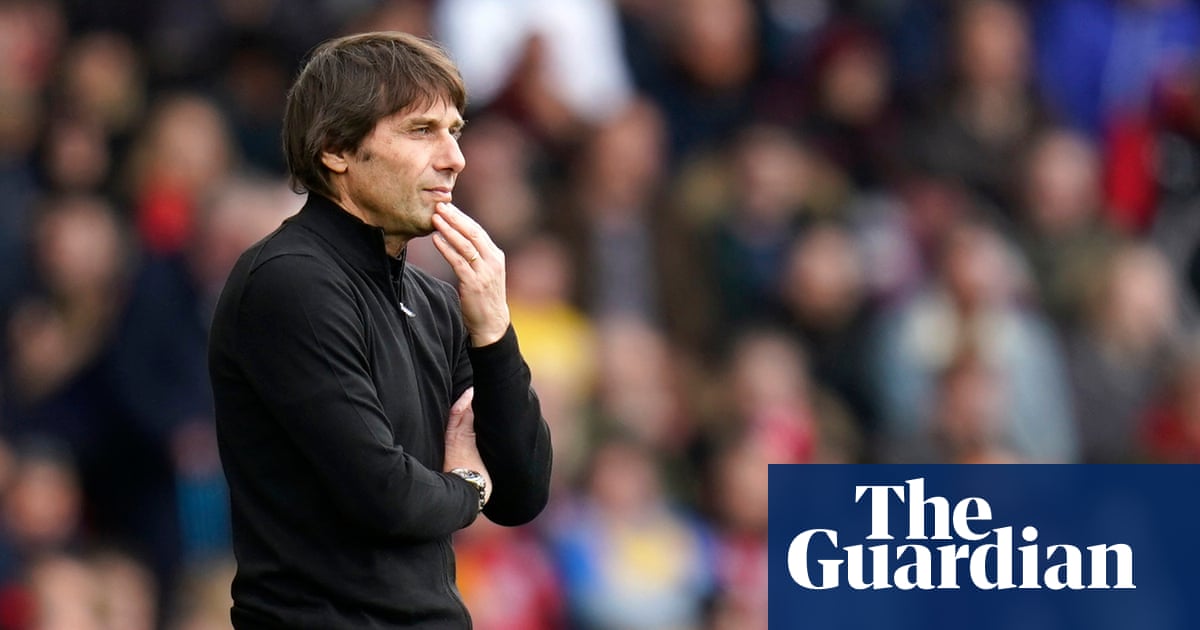
You were playing the doctor, Astrov, in Ian Rickson’s triumphant West End production of Uncle Vanya when the pandemic closed theatres. How did the last night feel?
We were lucky in that we’d completed the majority of the run – there was about six weeks left. We were quite surprised that our houses were full every night. Then Broadway went dark and you could feel the change in the atmosphere within our company that it was inevitable. The following week we came into work and were told it was all off. We sat on stage for a while, not knowing what to do, we all had a little drink with the crew and that was it – we were in lockdown.
As time progressed it became clear that we weren’t going back. Like most other commercial theatres, opening to a socially distanced audience is financially not possible but also logistically it’s really difficult for those old London theatres.
What was interesting for me in that last week was that so much of the play, from the doctor’s perspective, is talking about living with epidemics and the stress of life. It started to resonate in a different way. When Chekhov was writing the play he was dying of tuberculosis and they had just been through two epidemics. As a doctor, Chekhov had been on the front line. For Russians watching the play at the time, the idea of a disease that would definitely kill you was much more immediate. Suddenly within the last weeks of performance, the play felt so much more relevant. It was quite extraordinary.
The play’s environmental concerns also resonate with this pandemic year and our renewed appreciation of the natural world.
People thought the environmental elements of the play had been added on because it felt so contemporary – the conversations about deforestation and this one man’s efforts to replant the woodland. But it’s there in the original, probably in a slightly more detailed form as Conor McPherson was more economical with the language in this version.
After closing to the public, the actors returned to an empty theatre to film Uncle Vanya. Had a cinema version always been planned?
There was going to be an NT Live – they’d been in to do a scratch recording. So it was a huge disappointment but the fact we were finally able to make a film – and much more of a hybrid production than anything you’ve seen before – was really exciting. Hats off to [producer] Sonia Friedman who just took a leap of faith.
How is it different to other filmed plays, like the recording of The Crucible that you made at the Old Vic?
Usually when you’re capturing live performance, one of the benefits is that you include the audience on the night you shoot. We shot over a week and did an act a day using six cameras in various places in the auditorium with different lenses; the cameraman would also come on to the stage with a handheld and move around with us for some innovative, detailed shots that you’d never be able to capture without staging the play specifically to film it. Even audiences who came to see the play will get something more than the day they saw. There were certain moments in the play which in the rehearsal room we really wanted to be intimate but when you are performing to 800 people you have to open up the play. So we were able to bring it down into a much more intimate, claustrophobic place.
What was it like to perform in an empty theatre?
We were so enthused to get back on stage. Initially the camera team and crew felt like a sparse audience. Every day I’d stand there and remember watching the audience gathering. It was a real sense of nostalgia, sadness actually, wondering how long it will be until we can get a full audience again. It’s not a luxury but a natural instinct to want to gather in a room and watch something live – whether it’s standup in a pub or jazz in a basement bar. There’s just this human instinct to want to come together.
What do you think of the government’s response to the crisis in the arts?
The government is trying to spin many, many plates. Our industry is vulnerable – we can’t really go back to work without audiences. I do feel like the response has been late and there probably hasn’t been enough initiative in terms of how do we make it work. We could have done something for theatres like the “eat out to help out” scheme – if theatres could operate at 30% capacity, maybe the government could have subsidised to get them towards breaking even. That hasn’t happened. I suspect it’s because there’s too many industries in trouble. For some reason the arts is never seen as a critical industry. Everybody in the arts felt incredibly insulted by the idea that the arts aren’t viable. It does make money. If theatres die in small cities then the hub of the community is gone. You need a more long-term view in investing and keeping these places alive.
The Haymarket in your home town of Leicester was one of the first theatres to go out of business because of the pandemic.
I’d been there recently. My little nephew wants to be an actor and I’d seen him perform in an amateur production there. It was a great theatre space. Leicester is fortunate because it does have other venues. But there are some smaller towns that don’t have many arts hubs and when they’re gone, they’re gone. We’re kind of hanging on by a thread. The news of cinemas suffering is another nail in the coffin.
You’ve done a lot of voice work and recorded audio books – what’s the appeal in lending your voice to a project rather than your appearance?
I love reading. I think that’s what brought me into this profession. It wasn’t watching films and wishing I could be in them but reading books and, in my imagination, creating a mini movie out of them. An audio book is very similar to that. I get real satisfaction out of it. Very rarely have I found a book that I didn’t connect with. I read as if I’m reading to one person. It gets to the root of why I do what I do. I just love storytelling.












